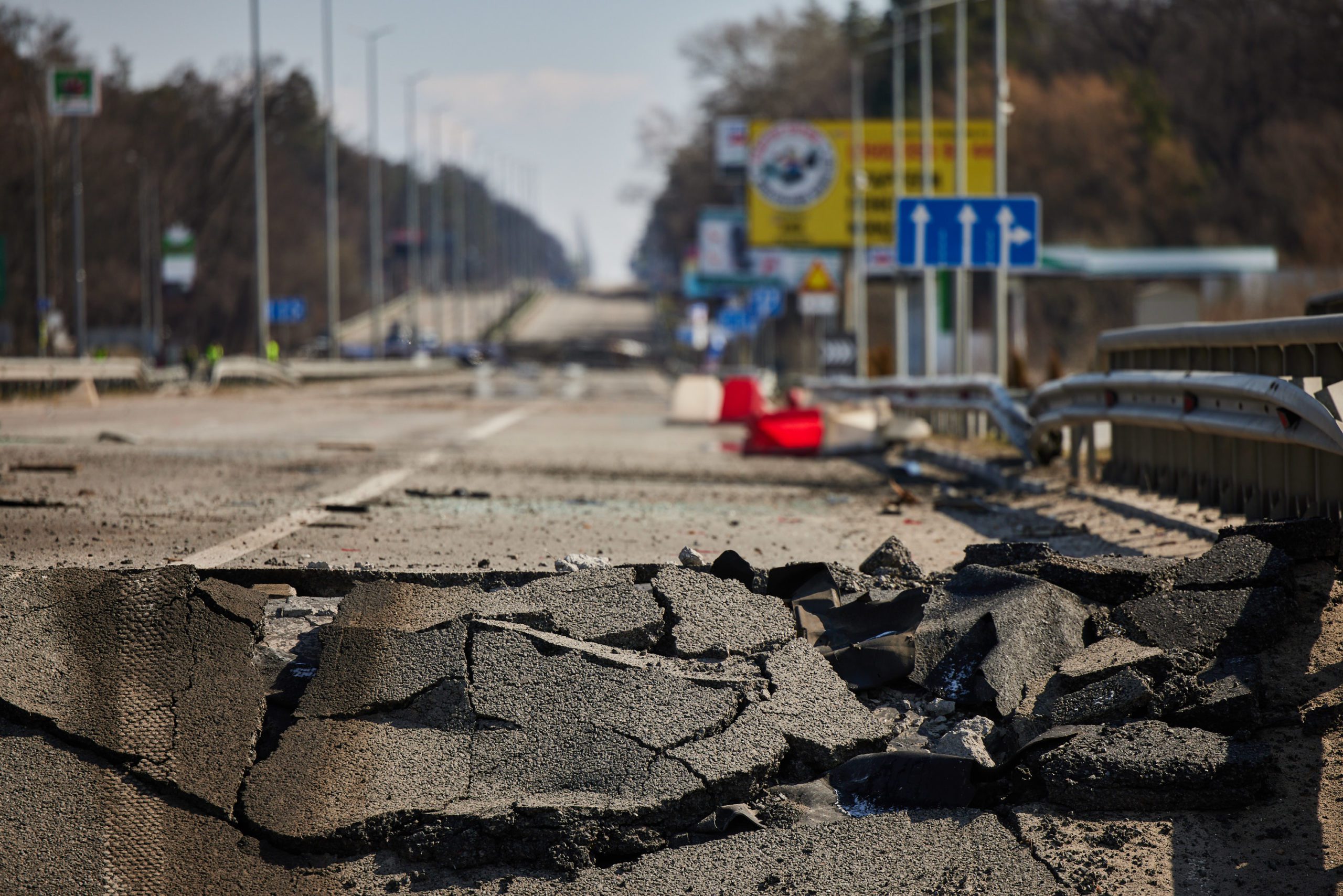
This article originally appeared in the Globe and Mail.
By Christian Leuprecht and Shuvaloy Majumdar, July 18, 2022
Canada is in a deep strategic crisis.
In a contest where the democratic world’s economic and political order is under systemic assault by tyrants, Prime Minister Justin Trudeau’s government appears to be dispensing with natural Canadian strengths that would change the geopolitical equation.
Ottawa claims to be defending the rules-based international order, and yet, confronted by the Kremlin and Beijing, it is doing the opposite – it is undermining it. The Trudeau government’s decisions are helping bolster the democratic world’s authoritarian rivals.
European allies have asked for more from Canada in the fight for Ukrainian sovereignty: more money, more weapons, more support for Ukrainian soldiers, more jet fighters, more frigates and more liquefied natural gas (LNG). At the recent NATO and G7 summits, allies committed 500 artillery systems, 600 tanks, and hundreds of thousands of rounds of ammunition.
Mr. Trudeau served up a predictable diet of platitudes: He announced Canada’s intent to co-host an “innovation hub” and a “centre of excellence on climate security,” failing to produce concrete deliverables on defense, energy and agricultural security that the world needs now. Instead of promising to leverage Canadian strengths to privilege European energy resilience, the Trudeau government is enabling Russia’s energy blackmail.
Meanwhile, Russian President Vladimir Putin is playing for time. As the invasion of Ukraine enters a protracted phase, Russia has been leveraging its ability to scale both personnel and materiel. Ukraine, running low on ordinance and fuel, is now wholly reliant on Euro-Atlantic support to keep it in the fight. Mr. Putin seems to be banking on war fatigue and Western fracture to occur long before Russia’s capacity to weather hardship wanes. And he appears bent on stoking chaos by weaponizing the global food supply, burning and blockading Ukrainian grain so it cannot reach fragile markets.
Mr. Putin has also spent years choreographing German dependency on Russian oil and gas, now exploiting that to shake down Europe. He intervened in Syria and Libya to subvert pipelines that would supply Europe; conducted a corrupt and expansive elite-capture campaign across Europe; and amplified misinformation against Canadian hydrocarbons. This has all ensured a steady stream of revenue to Russia – nearly $1-billion a day, including more than $250-million a day from Germany alone – to fund Mr. Putin’s brutal war across Ukraine.
Canada is the sole NATO ally with the potential to backfill European energy demand, with $3-trillion worth in natural resources, the world’s fourth-largest oil reserves, NATO’s third-largest reserves of natural gas and the capacity to scale agricultural products and technologies for the world.
Were Europe to replace its dependency on Russia with Canadian energy permanently, and partner with Canadian agriculture to preserve global food security, Canada could also stand to benefit, to the tune of $1-billion or more a day. That number approximates annual federal and provincial expenditures combined. It would help pay down our ballooning national debt, equip the military, assert Canadian interests as a major player in international affairs, and allow for schemes such as pharmacare, childcare and just about any other care – including the energy transition this government has been promising for the better part of a decade.
To achieve this grand bargain, squaring comprehensive energy security with a compact on energy transition, Canada could build critical infrastructure – especially natural gas pipelines – to LNG terminals at our deep sea ports. Specifically, Canada could build pipeline capacity across the Prairies to Thunder Bay, exporting hydrocarbons via existing sea routes to the U.S. and Europe.
Naïve opposition to pipelines does nothing to halt the climate crisis, win the war in Ukraine, or assure the world of its food supply. Anxious customers will simply turn to less scrupulous suppliers. That’s even been true domestically: Ottawa cynically enables the very dictatorships it denounces by importing their authoritarian oil to Quebec and Atlantic Canada.
Mr. Putin expects to prevail in a contest of wills. European allies are reigniting their coal plants, certifying gas and nuclear as green – and preparing for winter energy rationing and a grinding recession should Mr. Putin slow down or turn off Russian gas exports. With leadership and conviction, Canada could redefine the terms of engagement with which our rivals confront our allies, and deliver a decisive victory in this contest. Instead, at a time of crisis on a continent of crises, European allies find themselves at the mercy of a federal government unwilling to provide the very Canadian natural resources that would defeat Russian energy extortion and its weaponized famine.
Christian Leuprecht is professor at the Royal Military College and Queen’s University, senior fellow at the Macdonald-Laurier Institute, and the author of books including his latest, Intelligence as Democratic Statecraft. Shuvaloy Majumdar is a Munk Senior Fellow and heads the foreign policy and national security program at the Macdonald-Laurier Institute.





